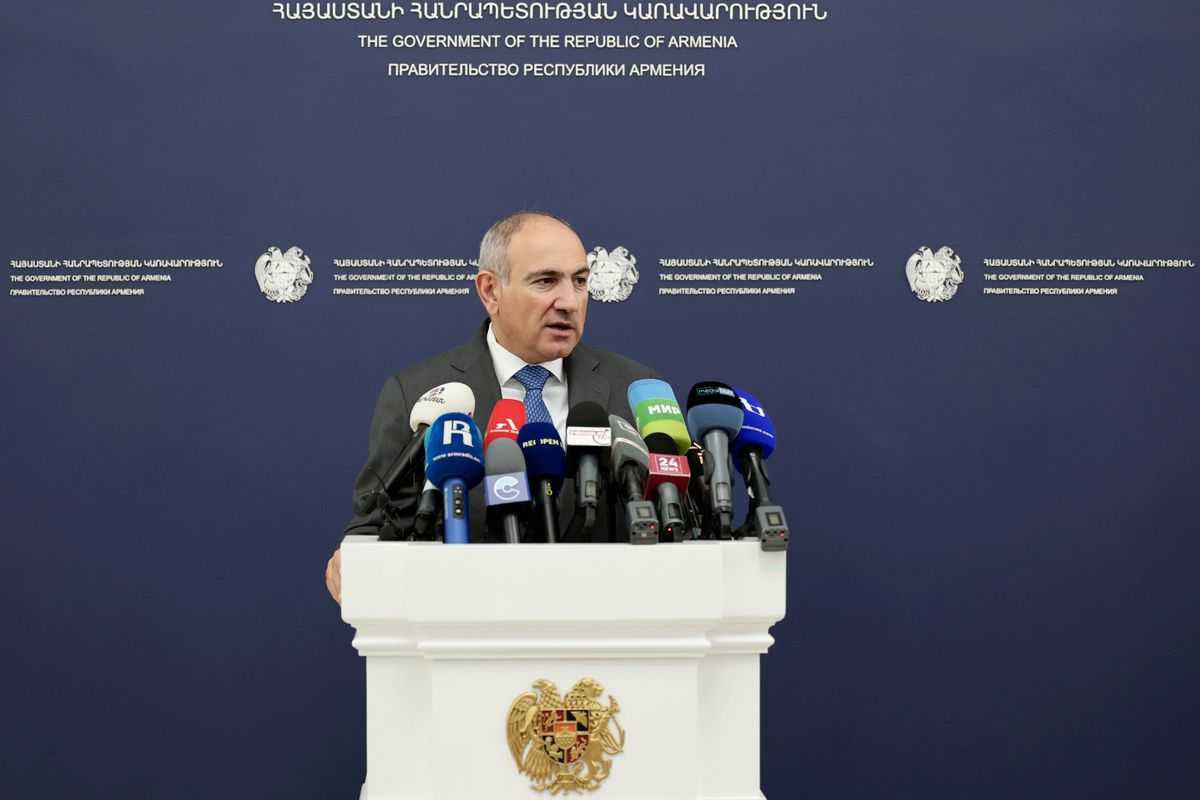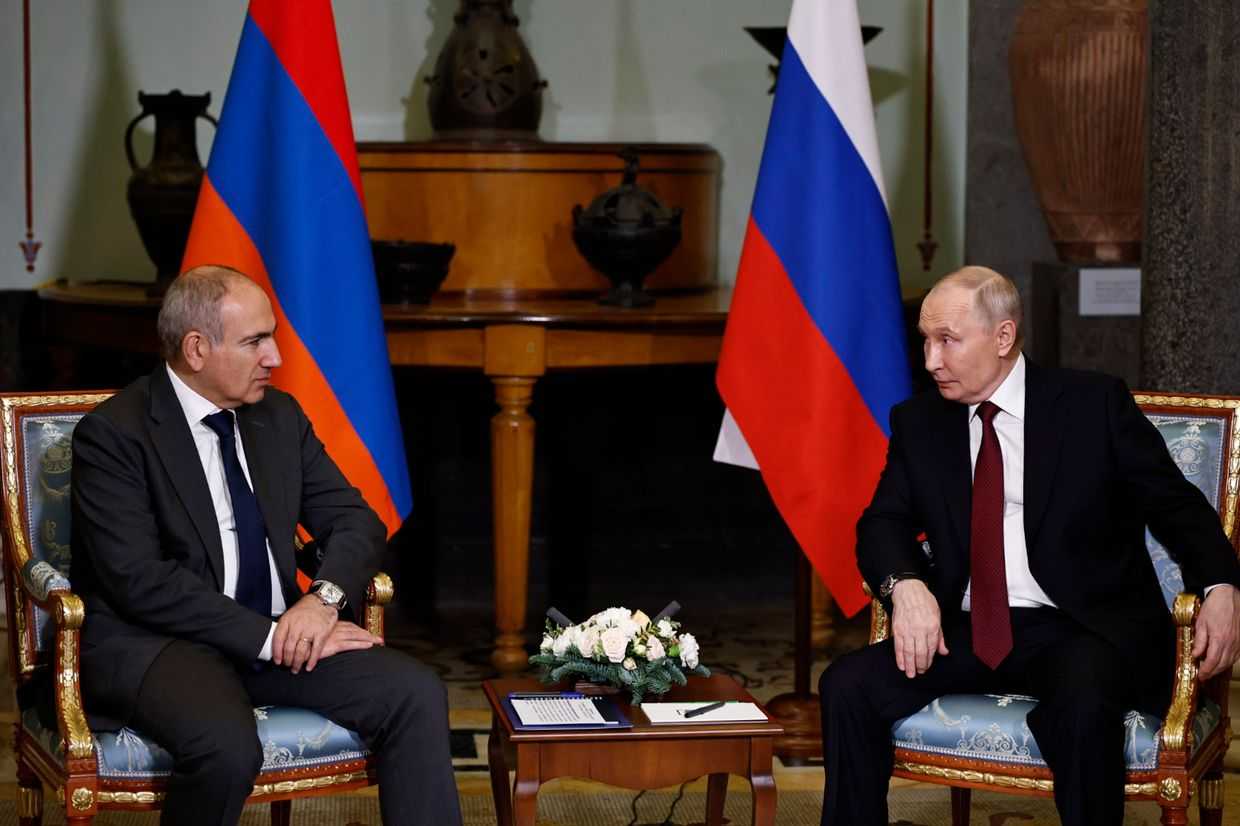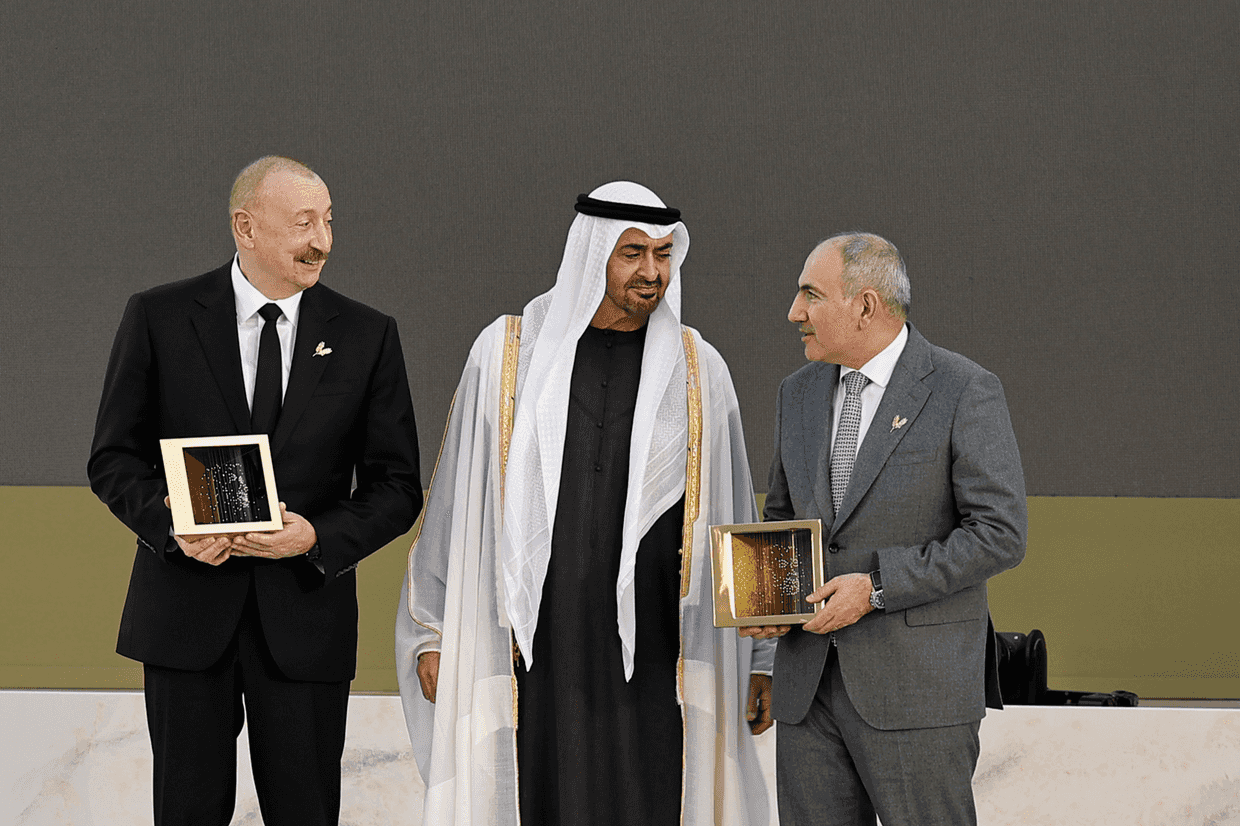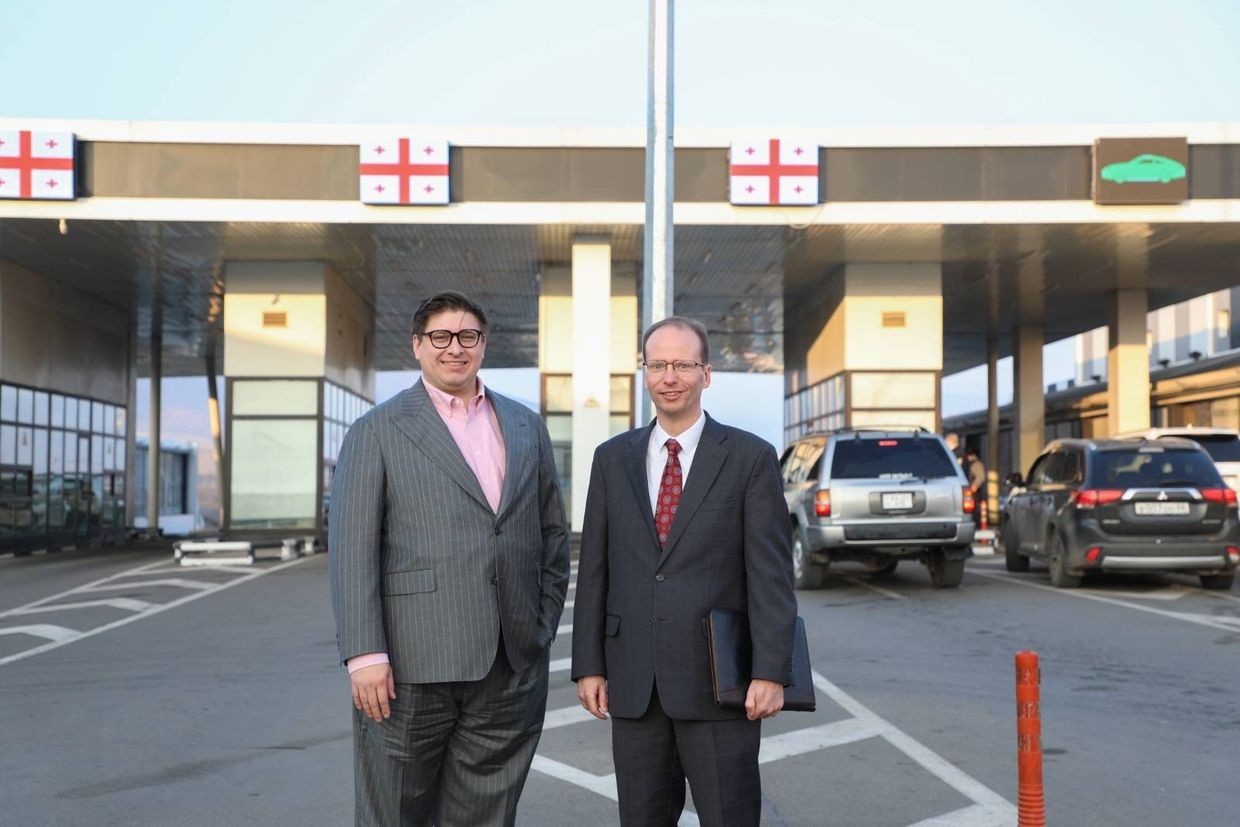
US State Department Representative Jonathan Askonas has arrived in Georgia to discuss how the country can support the Trump Route, a transportation route from Azerbaijan through Armenia to the Azerbaijani exclave of Nakhchivan negotiated during the US-brokered peace summit in Washington on 8 August. The visit comes amidst continuing strained ties between the US and Georgia.
The US Embassy in Tbilisi announced Askonas’s visit on Tuesday, noting that he had already visited the Sadakhlo customs checkpoint with Armenia, ‘the construction and equipment of which was made possible largely with US support’.
The embassy’s post on Facebook also noted that Askonas would meet with representatives of Georgia’s Foreign Ministry and government administration, as well as with international financial institutions.
One of his first meetings, also on Tuesday, was with Levan Zhorzholiani, the Chief of Staff of the Georgian government, during which they discussed the intended positive effects of the Trump Route to the region, particularly in regards to creating security guarantees for cargo movement.
Details of what territory the route would go through, its potential developer, and its implementation remain scant. The latest update came on 14 November, when Armenian Prime Minister Nikol Pashinyan stated that Armenia was considering granting a 49 or 99-year lease to the yet-unnamed company developing the Trump Route.
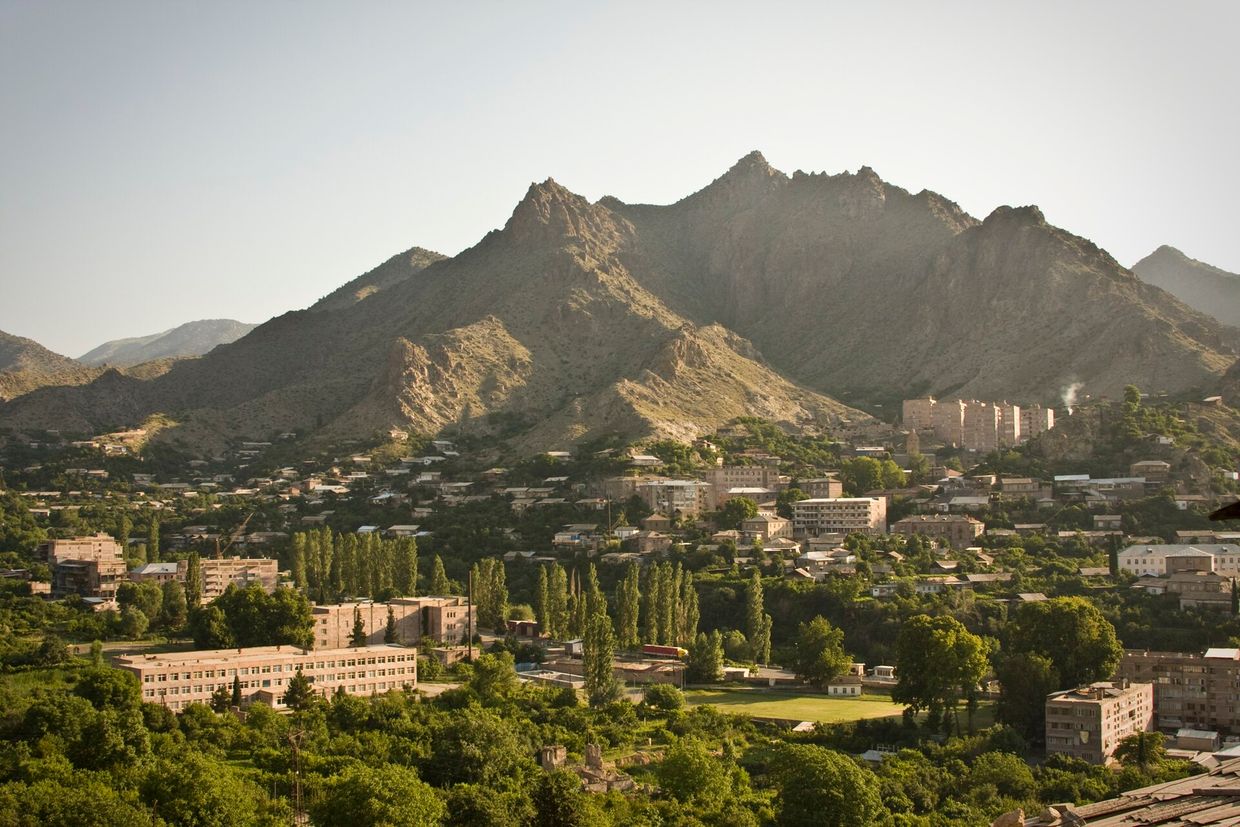
The Georgian government stated that Zhorzholiani also informed Askonas of the ‘significant investments’ Georgia was making in terms of railway, road, and port infrastructure to strengthen the country’s transit routes and connectivity.
The emergence of the Trump Route and growing hopes for peace between Armenia and Azerbaijan has led some to speculate that Georgia risks becoming increasingly isolated, and potentially losing its geopolitical and economic relevance.
Georgia is currently considered to be a key link in the Trans-Capsian trade route connecting Europe to Asia, more commonly referred to as the Middle Corridor. This was largely in part due to the closed borders between Armenia and Azerbaijan as well as Armenia and Turkey.
However, with the announcement of the Trump Route and increasingly warming relations between Armenia and its neighbours to the east and west, it seems likely the need for a thoroughfare through Georgia will significantly lessen.
‘Georgia should have been an active architect of this new regional reality, shaping peace, driving connectivity, and securing our shared future with allies, but the pro-Russian Georgian Dream has left the country isolated from progress and prosperity’, former Prime Minister and now opposition politician Giorgi Gakharia wrote on 9 August.
He has since been charged and remanded to pre-trial detention in absentia over the 2019 protest crackdown and the construction of a police checkpoint near South Ossetia.
Another attempt to improve Georgia–US relations
During the Tuesday meeting, Zhorzholiani also separately raised the issue of deteriorating Georgia–US relations, emphasising that the Georgian government was ‘ not satisfied with the current level of relations with the US’, reconfirming its ‘readiness to renew the strategic partnership from a clean slate, with a specific roadmap’.
Relations between Georgia and the United States deteriorated significantly amid the Georgian Dream government’s adoption of repressive laws, the disputed elections, and police violence against anti-government protesters.
Against this backdrop, the US first suspended its strategic partnership with Georgia in November of last year. It later sanctioned the billionaire founder and honorary chair of Georgian Dream, Bidzina Ivanishvili, for ‘undermining the democratic and Euro-Atlantic future of Georgia for the benefit of the Russian Federation’.
Georgian Dream leaders have repeatedly expressed hopes that Trump’s election as US president would help reset relations between the two countries, making a concerted effort to court his administration while often echoing Trump’s rhetoric when addressing domestic issues.
However, the change in administration did not lead to a radical shift in policy toward Georgia, with the sanctions against Ivanishvili still in place and the bipartisan MEGOBARI Act — introduced during the Biden administration and calling for sanctions against representatives of Georgian Dream — passing the US House of Congress in May, moving the bill one step closer to becoming law.





